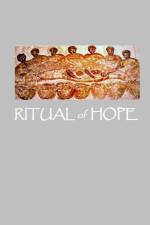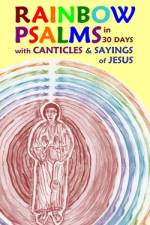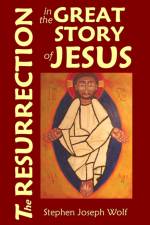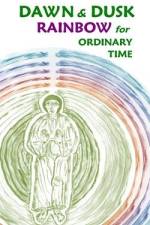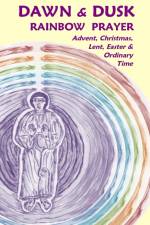147
This work has emerged from efforts to attend Mass then having to leave with a deep sadness that does not easily go away, and the awareness that I am not alone in this. This book is not intended for anyone who is able to happily participate in the sacramental life of the Church, nor is it intended to encourage anyone to stop doing so. As a faithful Catholic has a right to the sacraments, this ritual is for those faithful members of the People of God who are finding themselves unable to do so and still yearning to, a way to help those of us who feel pushed to the margins. In other words, the purpose of this little book is to help faithful Catholics stay in the Church. The core of this ritual is our identity as priests in the common priesthood of Jesus. Each baptized follower of Jesus the Christ has been anointed priest, prophet, and royal. As vassal kings and queens of the King of kings and queens, each of us has been gifted with power rooted in our imago dei, being created in the image of God with gifts and talents we are meant to use to wash the feet of humanity and participate in God's ongoing creative and healing work. As a prophet each of us will be called to speak a truth that God wants heard by a person, a community, or by the whole world, and speaking this truth will involve risk. As a priest in the common priesthood of Jesus the Christ, each of us is called to be in a personal relationship with the one God and to be in communion with God along with each human we encounter. And as priests we are given the power and duty to forgive, a power we use in the first place at home. The Agape Meal Prayers, probably from the late 1st century AD might be best suited today for what we call a potluck supper or dinner on the ground, where everyone brings what they have and there is equal sharing, or perhaps for large family reunions. The Eucharistic Prayer is from the Apostolic Tradition, from about 215 AD, the prayer that I use regularly in these days. The Anaphora of Addai & Mari, probably also from the 3rd century, is still the core of some Eastern Eucharistic Prayers. While a deacon, priest or bishop is the ordinary minister of Baptism, in cases of necessity even a non-Christian with the intention of doing so for the Church can baptize as long as water and the words (I baptize you in the name of the Father and of the Son and of the Holy Spirit) are used. As a pastor I developed a Candidacy for Confirmation, used sometimes at a Sunday Mass and sometimes at the end of a Confirmation retreat, and offer it here for a sponsor and parents. The ritual for Marriage can be used by an officiant of a civil marriage. It recognizes that the spouses themselves confer the sacrament of marriage onto each other in their mutual exchange of consents, and it is their identity as priests in the common priesthood of believers that empowers them to do so. The Prayers for the Sick and the Commendation of the Dying are not to take the place of the Sacrament of Anointing, but recognize that there will be times when a priest is not available and we trust in God's mercy. Though a Funeral is normally presided over by a priest or deacon, a graveside service can be done by anyone. For the closing Blessings in this book, as with any blessing by the lay faithful, the leader simply signs themselves with the sign of thecross along with everyone else. If prayer is done with a group of people, consider making copies and inviting all present to read the prayers together. From the institutional church I beg patience and forbearance with all of this. I know this is not easy. Please remember that Catholics who feel marginalized are also being asked to continue being patient with our institutional church. For more visit idjc.org.

